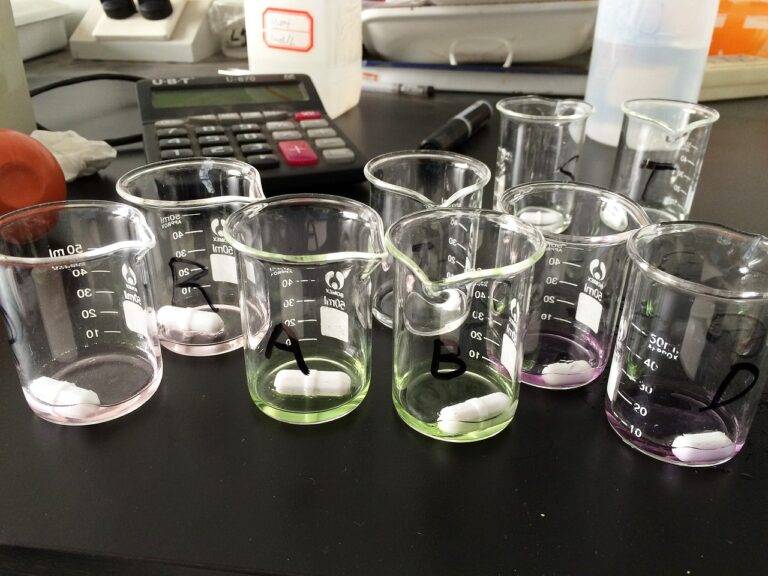The Impact of Tech on Supply Chain Transparency and Ethical Sourcing
Technological advancements have revolutionized the way supply chain management operates in today’s business landscape. Automation tools and artificial intelligence algorithms are streamlining processes, optimizing efficiency, and reducing costs across the entire supply chain. With real-time data analytics and predictive modeling, companies can make informed decisions swiftly, ensuring a competitive edge in the market.
Integrated software systems are enhancing collaboration and coordination between different stakeholders within the supply chain. From inventory management to demand forecasting, these tools provide visibility and transparency, enabling smoother operations and faster response times to market changes. By leveraging technology, businesses can adapt to dynamic environments, mitigate risks, and meet consumer demands with agility.
Improved Traceability in Sourcing Processes
Traceability in sourcing processes has become a critical aspect for businesses across various industries. By implementing advanced technologies like blockchain and RFID tracking, companies are now able to closely monitor their supply chains from start to finish. This enhanced traceability not only ensures the authenticity and quality of products but also helps in identifying and addressing any issues or discrepancies that may arise during sourcing.
Moreover, improved traceability in sourcing processes allows companies to meet regulatory standards and compliance requirements more effectively. By having a transparent view of the entire supply chain, businesses can quickly trace back the origin of raw materials or components, thereby mitigating risks related to product recalls or compliance violations. This level of traceability not only boosts consumer confidence but also enhances the overall efficiency and reliability of the sourcing process.
Enhanced Communication Between Suppliers and Buyers
Effective communication between suppliers and buyers is crucial for streamlining the supply chain process. By establishing clear channels of communication, businesses can ensure that the right products are delivered on time and meet the necessary quality standards. This transparency promotes trust and collaboration between all parties involved, ultimately leading to better outcomes for both suppliers and buyers.
Incorporating digital tools and software solutions further enhances communication by providing real-time updates and notifications to suppliers and buyers. This technology allows for instant feedback, tracking of orders, and seamless coordination between different stakeholders in the supply chain. With improved communication channels, potential issues can be identified and resolved proactively, leading to increased efficiency and customer satisfaction.
What are some examples of technological advancements in supply chain management?
Some examples include the use of cloud-based software for real-time inventory tracking, blockchain technology for secure transactions, and advanced analytics for demand forecasting.
How does improved traceability in sourcing processes benefit both suppliers and buyers?
Improved traceability helps suppliers ensure the quality and authenticity of their products, while buyers can have greater visibility into the origins of the products they are purchasing.
How can enhanced communication between suppliers and buyers lead to better business outcomes?
Enhanced communication allows for clearer expectations, faster problem resolution, and increased trust between parties, ultimately leading to smoother transactions and more efficient supply chains.





